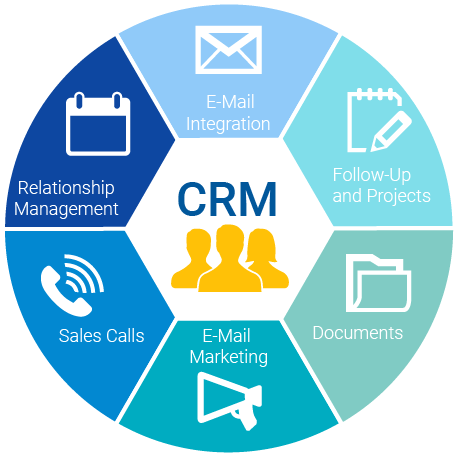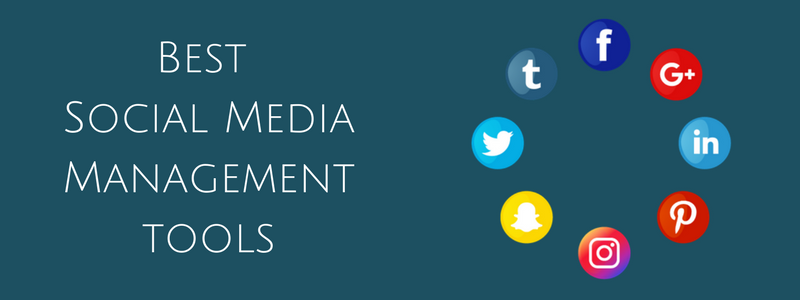What is a Customer Support Agent?

A customer support agent is a company representative who assists customers with inquiries, issues, and complaints. They are typically the first point of contact for customers who need help with a product or service, and they work to resolve any problems and provide a positive customer experience.
Roles and Responsibilities of a Customer Support Agent
Customer support agents have a variety of responsibilities, including:
Handling Customer Inquiries
One of the primary responsibilities of a customer support agent is to handle customer inquiries. This can include answering questions about products or services, providing information on pricing and availability, and addressing any concerns or issues the customer may have.
Providing Product/Service Information
Customer support agents are also responsible for providing information about their company's products or services. It includes explaining features and benefits, providing technical specifications, and helping customers choose the right product or service.
Troubleshooting Technical Issues
In addition to handling inquiries and providing information, customer support agents are also responsible for troubleshooting technical issues. This can include walking customers through technical problems or offering solutions to common issues.
Escalating Complex Issues
Suppose a customer has a complex issue that a customer support agent cannot resolve.
In that case, the agent will escalate the issue to a more senior support team member. It ensures that the customer's issue is resolved quickly and efficiently.
Processing Refunds and Returns
Finally, customer support agents may be responsible for processing refunds and returns. This can involve handling customer complaints, coordinating with shipping and logistics teams, and ensuring that the customer receives their refund or replacement product promptly.
Skills Required for a Customer Support Agent
Being a customer support agent requires a variety of skills, including:
Communication Skills
One of the most important skills for a customer support agent is strong communication skills. This includes the ability to listen actively, ask probing questions, and explain complex information clearly and concisely.
Problem-Solving Skills
Customer support agents must also be skilled at problem-solving. This involves identifying the root cause of a customer's issue, developing creative solutions, and working to resolve the issue promptly and efficiently.
Empathy and Patience
Empathy and patience are essential skills for a customer support agent. Agents must be able to put themselves in the customer's shoes and understand their frustration or confusion. They must also have the patience to work with customers who may be upset or emotional.
Product/Service Knowledge
To be an effective customer support agent, it's important to deeply understand the products or services your company offers. This includes understanding technical specifications, knowing the features and benefits of each product, and being able to answer any customers' questions.
Multitasking
Finally, customer support agents must be able to multitask. They must handle multiple inquiries and issues simultaneously while still providing excellent customer service and attention to detail.
Types of Customer Support
There are several different types of customer support, including:
Phone Support
Phone support involves customers calling a support line and speaking directly with a customer support agent. This can quickly and efficiently resolve issues, as agents can ask questions and provide solutions in real time.
Email Support
Email support involves customers emailing their inquiry or issues to a customer support email address. A customer support agent will then review the email and respond with a solution or request for more information. This can be a good option for customers who prefer to communicate in writing or who need to provide more detailed information about their issues.
Live Chat Support
Live chat support involves customers chatting with a customer support agent in real time through a chat window on the company's website. This can be a convenient option for customers who prefer to communicate digitally and want quick answers to their questions.
Social Media Support
Social media support involves customers contacting a company's social media accounts (such as Facebook or Twitter) to ask questions or report issues. Customer support agents respond to these inquiries through the same social media platform. This can be a good option for customers who prefer to communicate through social media or who want to receive a public response to their issue.
Self-Service Support
Self-service support involves customers finding solutions to their issues on their own without the help of a customer support agent. This can include using an online knowledge base, watching instructional videos, or following step-by-step guides. Self-service support can be a good option for customers who prefer to solve their problems or who have simple issues that can be easily resolved.
Tools and Technologies Used by Customer Support Agents
To be effective in their roles, customer support agents rely on a variety of tools and technologies, including:
Customer Relationship Management (CRM) Software

CRM software allows customer support agents to keep track of customer interactions, log notes about issues and inquiries, and view customer history. This helps agents provide more personalized service and can lead to more efficient issue resolution.
Ticketing Systems
Ticketing systems help customer support agents manage and prioritize customer inquiries and issues. These systems allow agents to assign tickets to specific team members, track the status of each ticket, and escalate complex issues as needed.
Knowledge Base Software
Knowledge base software provides customers with access to information about products and services. This can include FAQs, instructional videos, and step-by-step guides. Knowledge base software can help customers find solutions to their issues independently, without needing a customer support agent.
Communication Tools
Customer support agents use various communication tools to interact with customers, including email, phone, and live chat. These tools allow agents to provide support in the most convenient way for the customer.
Social Media Management Tools

Social media management tools help customer support agents monitor and respond to customer inquiries on social media platforms. These tools can help agents stay on top of customer issues and respond promptly and efficiently.
Metrics Used to Measure Customer Support Agent Performance
To evaluate the performance of customer support agents, companies use a variety of metrics, including:
Customer Satisfaction Score (CSAT)
CSAT measures customers' satisfaction with the support they receive from a customer support agent. Customers are typically asked to rate their experience on a scale of 1-10 or provide feedback on the service they received.
Net Promoter Score (NPS)
NPS measures how likely customers are to recommend a company to others. Customers are typically asked to rate their likelihood of recommending the company on a scale of 1-10. Companies can use this metric to evaluate overall customer loyalty and identify areas for improvement.
First Response Time (FRT)
FRT measures how quickly customer support agents respond to inquiries or issues. This metric can help companies evaluate the efficiency of their customer support team and identify areas for improvement.
Average Handling Time (AHT)
AHT measures how long a customer support agent takes to resolve an issue. This metric can help companies evaluate the efficiency of their customer support team and identify areas for improvement.
Resolution Rate
The resolution rate measures the percentage of inquiries or issues that a customer support agent resolves. This metric can help companies evaluate the effectiveness of their customer support team and identify areas for improvement.
Common Challenges Faced by Customer Support Agents
Customer support agents face a variety of challenges in their roles, including:
Dealing with Angry or Frustrated Customers
Dealing with angry or unhappy customers is one of the most difficult aspects of being a customer service representative. In the face of client complaints, agents must be able to remain cool and sympathetic while working to resolve difficulties professionally and courteously.
Handling a High Volume of Inquiries
Customer support agents often have to handle a high volume of inquiries and issues, which can be overwhelming. Agents must multitask effectively and prioritize issues based on their urgency and importance.
Technical Issues with Software and Tools
Customer support agents rely on various software and tools to do their jobs, and technical issues can arise from time to time. Agents must be able to troubleshoot these issues quickly and efficiently to avoid delays in resolving customer issues.
Burnout and Stress
Customer support can be a stressful and demanding job, and burnout is a common issue among customer support agents. Companies must work to create a supportive and positive work environment for their customer support teams to avoid burnout and turnover.
Best Practices for Effective Customer Support
To provide effective customer support, companies should follow these best practices:
Personalize Customer Interactions
Customer support agents should strive to provide personalized service to each customer. This can include addressing the customer by name, referencing past interactions, and tailoring solutions to the customer's unique needs.
Respond Quickly and Proactively
Customer support agents should aim to respond to customer inquiries and issues as quickly as possible. This shows the customer that their issue is a priority and can help prevent further frustration or dissatisfaction.
Use Positive Language
Customer support agents should use positive language and avoid negative or confrontational language. This can help de-escalate tense situations and promote a more positive customer experience.
Offer Multiple Channels for Support
Customers should be able to get help via a variety of channels, including phone, email, live chat, and social media. This ensures that customers can receive support in the way that's most convenient for them.
Continuously Evaluate and Improve Processes
Finally, companies should continuously evaluate and improve their customer support processes. This can involve collecting feedback from customers, analyzing performance metrics, and implementing changes to improve customer satisfaction and agent performance.

